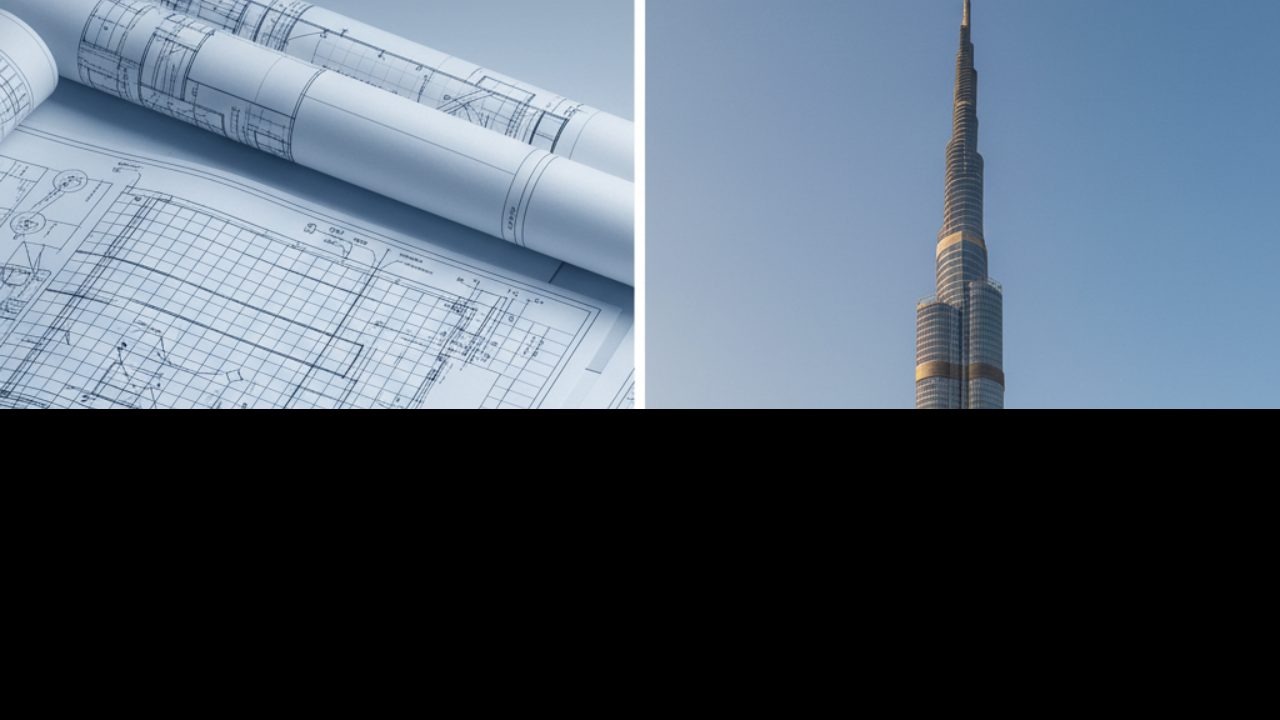
Post by : Naveen Mittal
The Burj Khalifa stands as a global icon of human ambition and architectural brilliance. Rising from the desert to become the world’s tallest structure, its journey from idea to reality is one of vision, innovation, and perseverance. The project’s success was driven by a desire to position Dubai as a world leader in design and engineering, capturing attention worldwide with search terms like Burj Khalifa height, Dubai tallest building, world’s tallest skyscraper, and Burj Khalifa construction story.
The concept of the Burj Khalifa began in the early 2000s as part of Dubai’s mission to diversify its economy beyond oil. The leadership envisioned a landmark that would redefine the city’s skyline and serve as the centerpiece of a new downtown district. The architectural firm Skidmore, Owings & Merrill (SOM) was commissioned for the design, led by architect Adrian Smith. Inspired by traditional Islamic architecture, desert flowers, and the geometry of natural forms, the design symbolized both cultural heritage and futuristic ambition. The tower was envisioned not just as a structure but as a symbol of unity, progress, and limitless potential.
Construction began in 2004, starting with an immense foundation system to support the building’s extraordinary height. Engineers had to overcome the challenge of weak desert soil, so they used a deep pile foundation system—192 reinforced concrete piles driven more than 40 meters underground. The building’s structural design introduced a revolutionary “buttressed core” system, with three wings arranged in a Y-shape around a central core. This unique form provided exceptional strength and stability while reducing wind pressure at higher altitudes. As the tower rose, concrete was pumped vertically to record-breaking heights, and precision engineering ensured every section aligned perfectly. The stepped, spiraling design not only gave Burj Khalifa its elegance but also minimized wind forces acting upon the structure.
By 2007, Burj Khalifa had already surpassed the height of other global landmarks. Each milestone attracted worldwide attention as it climbed higher into the clouds. In 2007, it overtook Taipei 101 to become the tallest building in the world. By 2008, it had exceeded the height of every manmade structure ever built. The final height reached a staggering 828 meters (2,717 feet), making it an unmatched engineering triumph. The official inauguration took place on January 4, 2010, and the tower was renamed Burj Khalifa in honor of UAE President Sheikh Khalifa bin Zayed Al Nahyan. Upon completion, it claimed numerous world records including tallest building, highest occupied floor, highest outdoor observation deck, and longest elevator travel distance.
Building the tallest structure in the world came with extraordinary challenges. Thousands of engineers, designers, and construction workers from around the world collaborated on this massive project. Dubai’s extreme heat required special concrete mixtures that could withstand thermal expansion and contraction. Wind resistance and structural sway were meticulously tested to ensure stability and comfort at high levels. Safety systems, including pressurized fire stairwells and multiple evacuation zones, were integrated into the design. The project’s success also depended on flawless coordination—logistics, materials, and labor were synchronized to deliver one of the most complex construction projects in history.
The Burj Khalifa is as functional as it is breathtaking. Its reflective glass façade with over 26,000 panels helps reduce heat absorption while maintaining visual brilliance. The tower’s mixed-use design includes luxury residences, offices, restaurants, and the Armani Hotel. The observation decks—“At the Top” and “At the Top Sky”—offer panoramic views of Dubai, making it one of the most visited attractions in the world. The double-deck elevators are among the fastest globally, traveling at speeds up to 36 km/h. The building’s lighting system creates a visual spectacle at night, with LED displays and shows that transform the skyline into a living piece of art. Every architectural element—from its spire to its landscaping—was crafted to symbolize elegance and innovation.
The Burj Khalifa was more than an architectural project—it was a statement of Dubai’s ambition. It became the centerpiece of Downtown Dubai, surrounded by attractions like the Dubai Mall and Dubai Fountain. The tower boosted tourism, real estate, and global recognition, turning Dubai into a symbol of modern success and progress. Beyond economics, it reshaped how cities view architecture, influencing skyscraper design across Asia, the Middle East, and beyond. For millions, it remains a representation of what vision, technology, and determination can achieve together.
More than a decade since its completion, the Burj Khalifa remains a benchmark in architecture and engineering. Its innovative design principles have inspired new supertall projects worldwide. As of 2025, it still holds the title of the tallest building on Earth, a record that continues to inspire admiration. Its legacy goes beyond height—it embodies the spirit of human creativity and the pursuit of excellence. The tower stands as a beacon of innovation and resilience, reminding the world that no dream is too high when vision meets precision.
Disclaimer:
This article is written for educational and informational purposes. It is based on historical data and architectural insights available as of 2025. Facts and figures may evolve as new information becomes available.
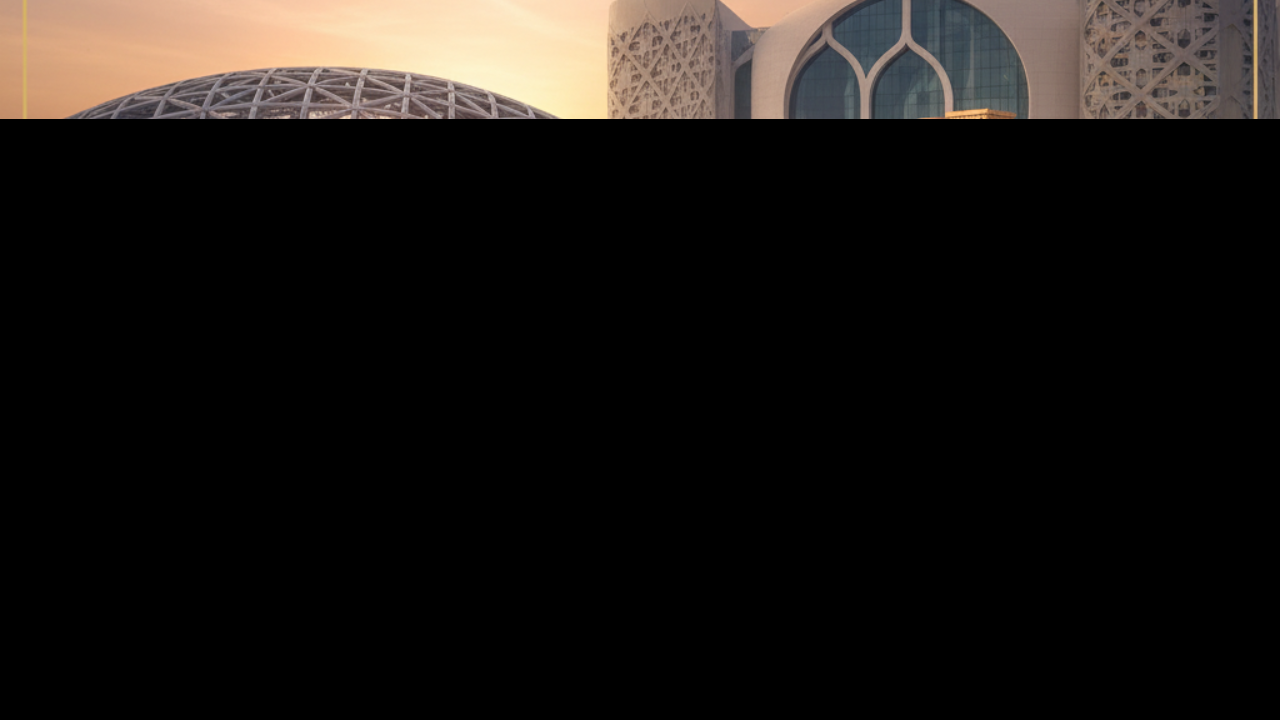
Where Time Speaks: UAE’s Premier Museums & Archives to Visit
Explore UAE’s top national museums and archives — from Al Ain to Sharjah to Dubai — where history, c

From Pearling Paths to Diplomatic Bridges: UAE in Gulf History
Explore how the UAE shaped the Gulf through ancient trade, regional diplomacy, and commitment to Gul
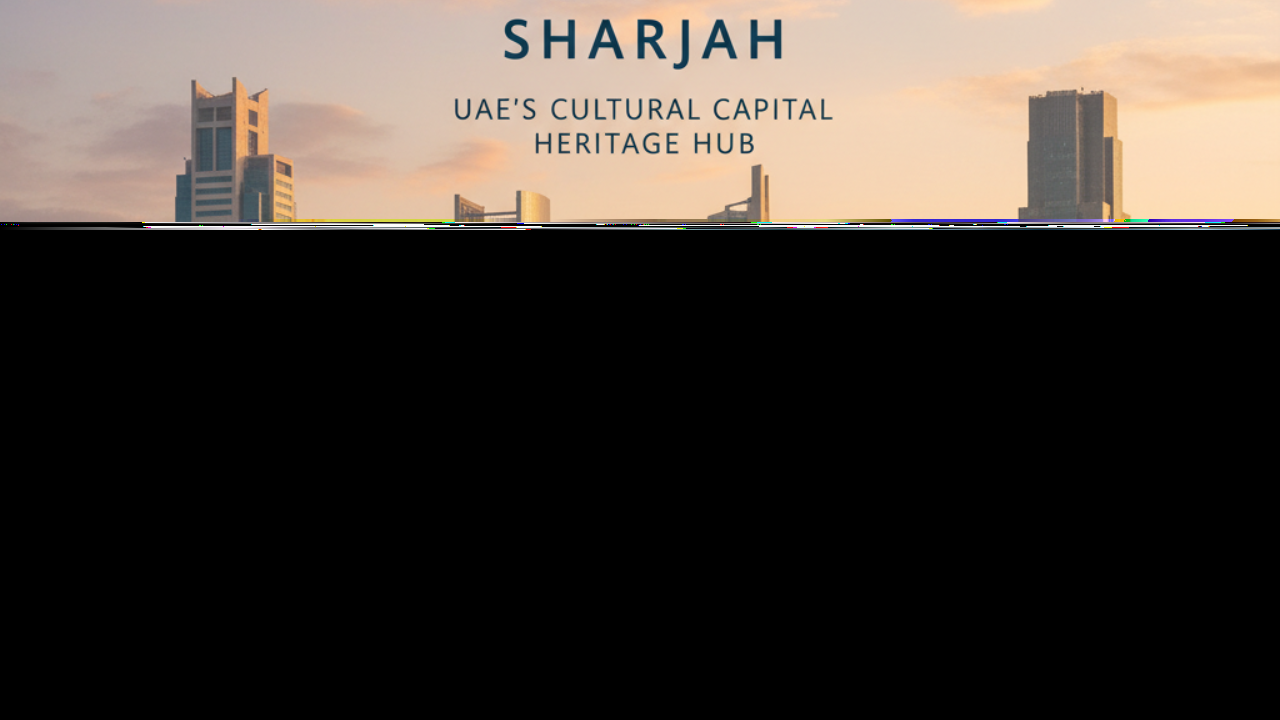
How Sharjah Became the UAE’s Cultural Heart — A Story of Vision & Heritage
Explore how Sharjah earned its title as UAE’s heritage hub — from Qasimi patronage to UNESCO honours
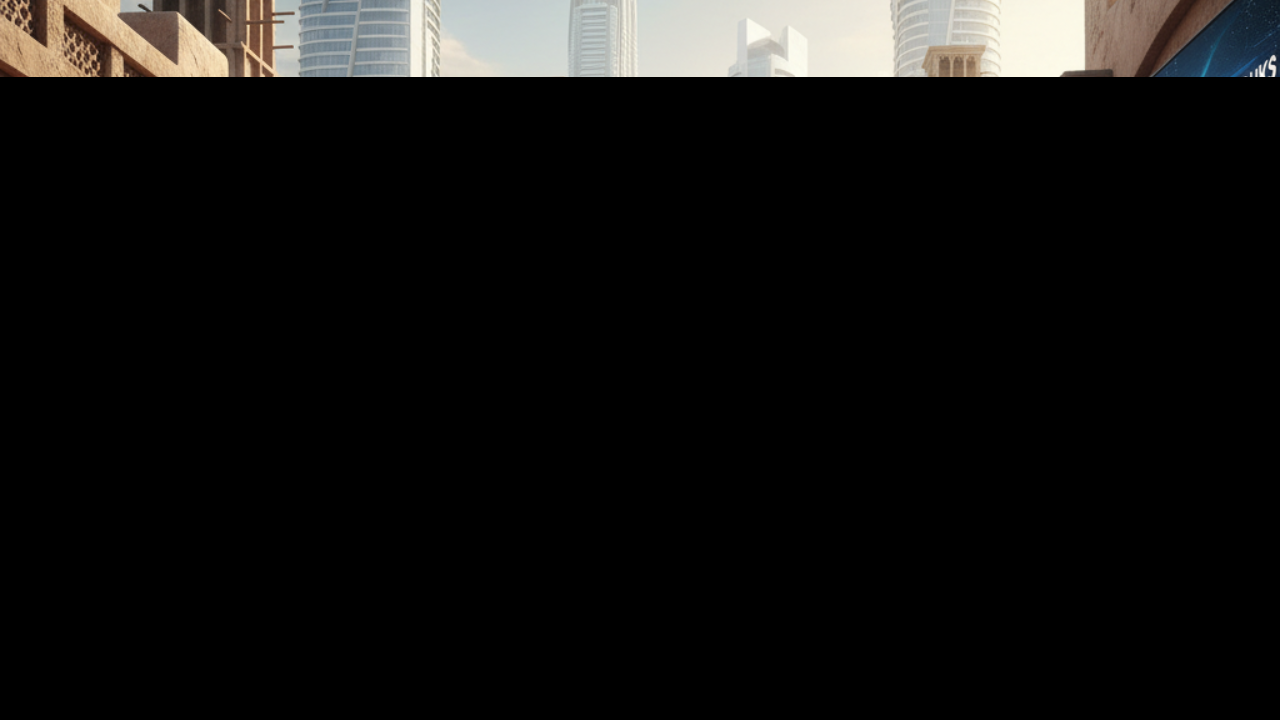
Walking Through Time: How Souks & Old Towns Keep UAE Heritage Alive
Discover the UAE’s timeless charm — explore historic souks, restored old towns, heritage districts a
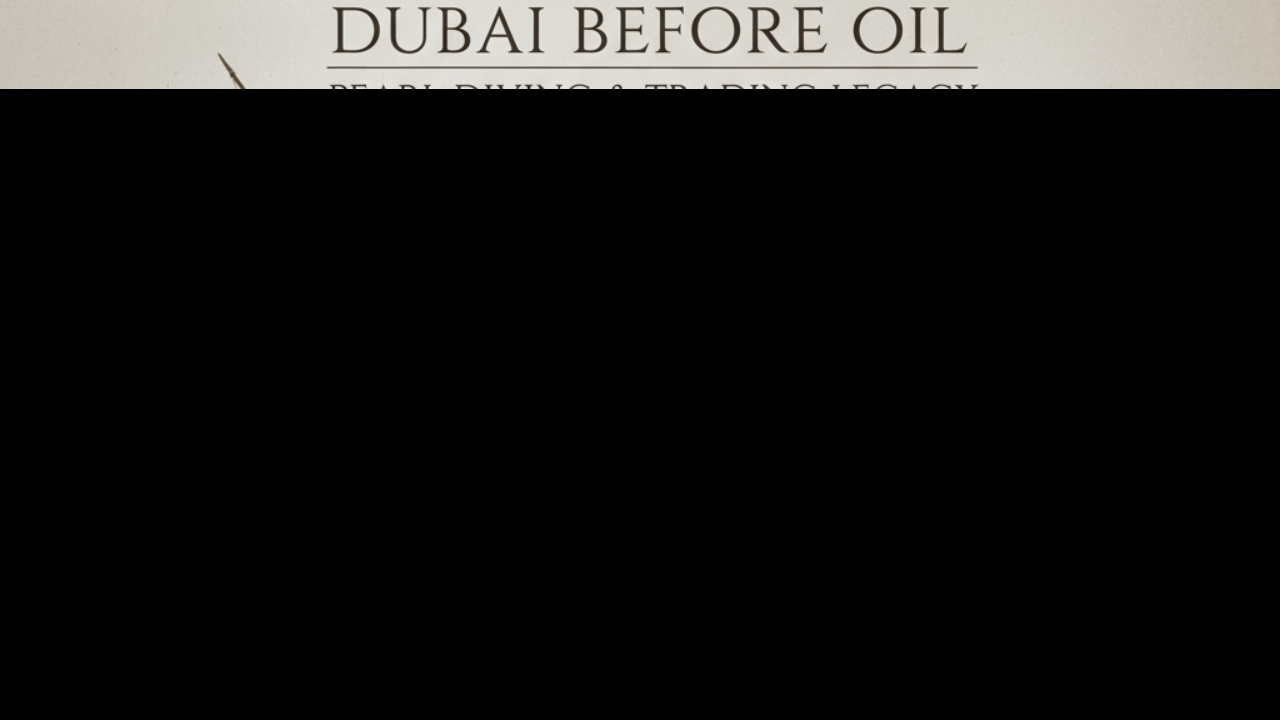
From Depths to Dhow: How Pearl Diving Forged Dubai’s Early Identity
Explore Dubai’s pre-oil era: how pearl diving, dhow trade, and coastal life shaped its culture, econ
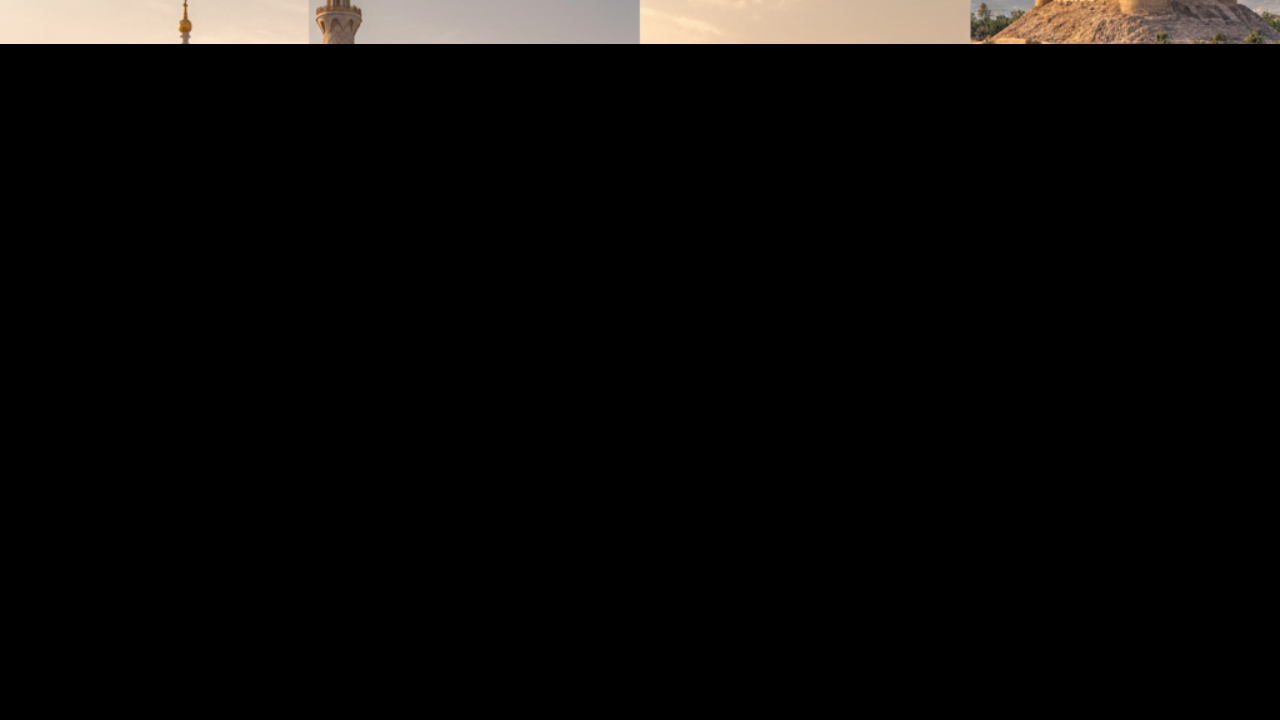
From Ancient Forts to Heritage Villages: Unmissable Historic Sites Across the UAE
Explore UAE’s top historic landmarks — forts, mosques, archaeological parks, heritage villages & mor
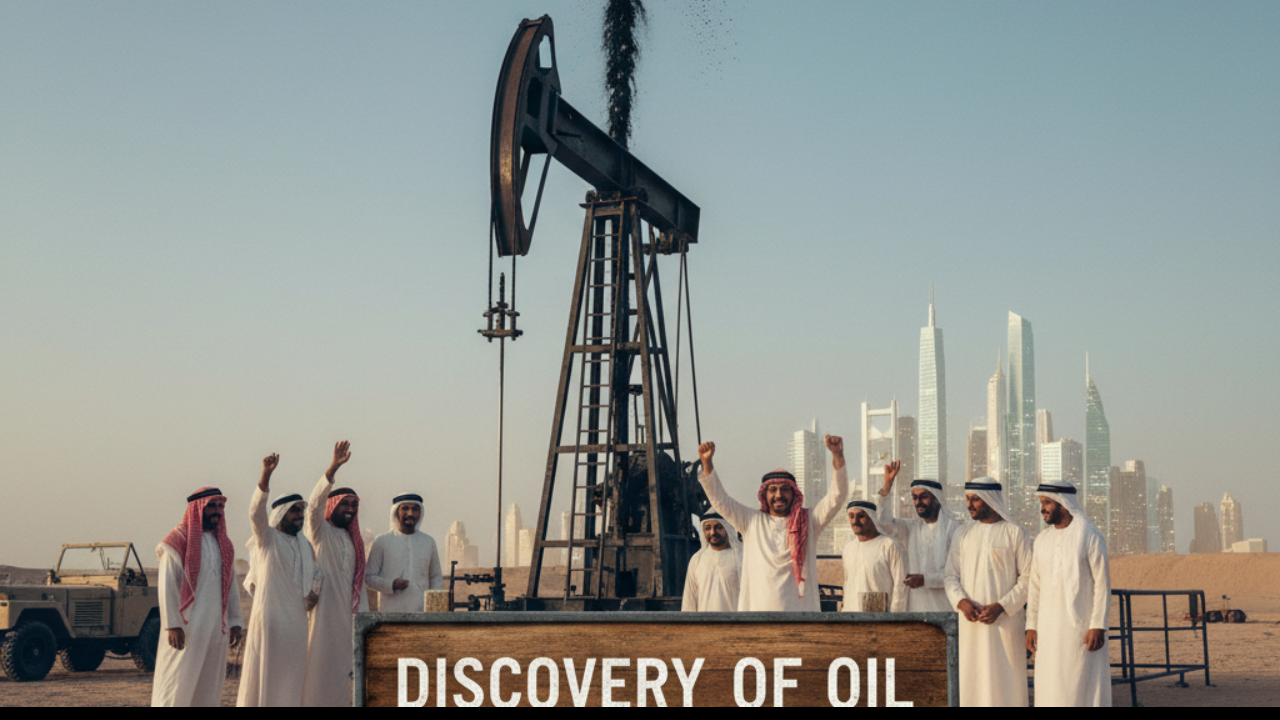
The Black Golden Moment: How Oil Changed the Fate of the Emirates
From desert sheikhdoms to global powerhouse: discover how the UAE’s oil discovery reshaped its econo

Effective Ways to Reduce Joint Pain and Stiffness This Winter
Learn simple ways to reduce joint pain and stiffness this winter with warmth exercises diet tips and

Facial Sculpting and Non Invasive Techniques Safe Beauty Trends for the Future
Explore facial sculpting and non invasive techniques shaping beauty care Safe affordable and natural

Body Positivity Embracing Self Love Confidence & True Beauty
Celebrate body positivity embrace self love reject false beauty ideals and discover confidence at ev

Skin Microbiome Secrets to Healthy and Balanced Skin
Explore the skin microbiome its role in skin health and simple ways to keep your skin balanced healt

Sarcopenia How Aging Steals Muscle and Ways to Stay Strong
Discover sarcopenia the silent muscle loss with age its signs causes and simple ways to stay strong

Cultural Appropriation vs Appreciation Respecting Global Traditions
Learn the difference between cultural appropriation and appreciation to respect traditions and celeb

Uniform and Rebellion How Personal Identity Thrives Within Rules
Explore how uniforms shape identity and spark subtle rebellion blending conformity with personal exp

The Unseen Labor Behind Fashion Inside the Secret Stitch
Discover the hidden world of fashion labor and the secret stitch behind every garment Honor the hand